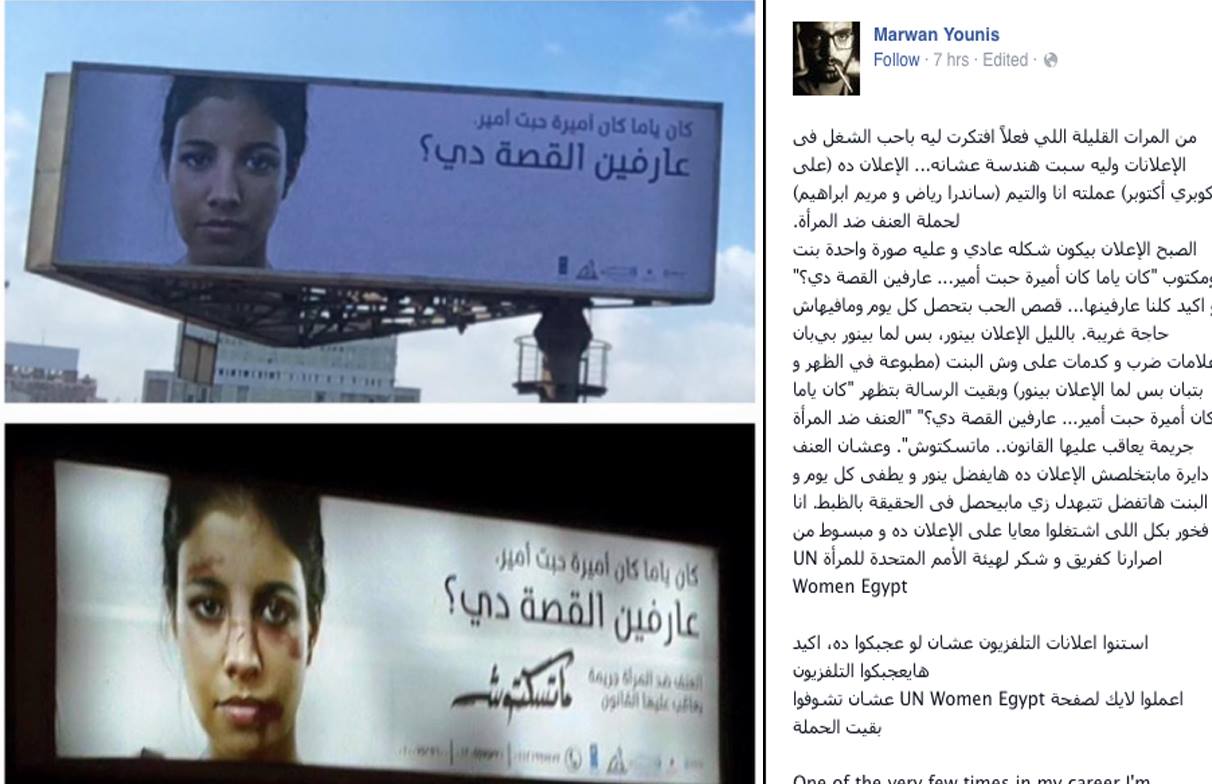Quite often, we get a feeling that a neighbor, relative, sibling, best friend or even daughter might be a victim of domestic or sexual violence, yet when you read the alarming data, it becomes real and ugly.
In Egypt, according to this demographic and health survey, women between 30-39 years old are most likely to report sexual violence with spouses.
Meanwhile, 23% of divorced women reported being forced by spouses to have sex compared to 6% of married women. 5% of women with a secondary higher education were reported to have been forced to have sex by spouses, compared to 7% who had no education, 7.5% of rural women, 5.5% of urban women and 7% of non-working women.
The most common forms of physical violence against women are slapping and arm twisting (28%), being pushed or shaken or having objects thrown at her by the husband (26%) and punching by fist or another object (13%). Almost 2% of the women experienced extremely violent acts, such as being burned, strangled, threatened or attacked with a weapon.
Another report published by the United Nations Entity for Gender Equality and the Empowerment of Women showed that 99.3% of Egyptian women have experienced some form of sexual harassment.
Last week, a billboard on the 6th October Bridge stopped traffic due to its painful and beautifully crafted message. It asked the ones driving by in daylight if they remember the fairytale about the girl in love with the prince in shining armor, a heart-warming Disney memory, only to be faced with reality in the dark: the same woman with a bruised face and paralyzing fear.

The domestic violence billboard was just the beginning of a full UN Women campaign aimed at ending violence against women in Egypt. Two new powerful TV ads have surfaced tackling two of the most gruesome violations against human rights, domestic violence and sexual harassment.
“The ad was done using projection and projection mapping due to the fact that you are not allowed to show violence or harassment on TV. It’s illegal to show what really happens because of the blood, violence and sexual actions. So we found that a model interacting with projection is a suitable way to show reality but in an artistic manner,” explained Marwan Younis, Associate Creative Director at FP7/CAI.
You can watch the two incredibly gut-wrenching ads below:
On Domestic Violence:
On Sexual Harassment:
WE SAID THIS: Bravo to the entire team behind the brilliant and eye-opening campaign.



